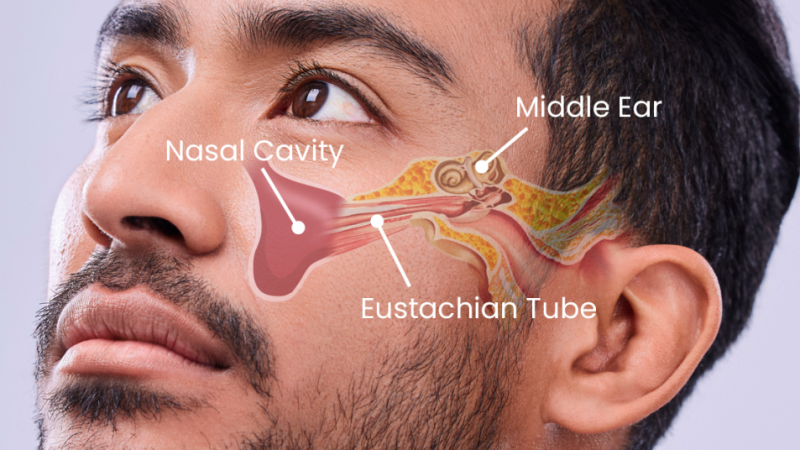Addictive Nature of Fentanyl and Fentanyl Addiction Treatment in Houston

Fentanyl is a synthetic opioid 100 times as powerful as morphine used to alleviate pain. Because of its scary potency and addictive nature, fentanyl poses a significant risk of overdose especially when consumers are unaware that the substance, they are ingesting is laced with fentanyl. Fentanyl has a dangerous, depressing effect on the respiratory system when consumed in large quantities, resulting in a slowing or cessation of breathing. Consider a detox and rehabilitation center if you or someone you care about is addicted to fentanyl.
How Does Fentanyl Function?
Fentanyl relieves discomfort by interacting with opioid receptors in the brain, regulating feelings of pleasure and reward. Dopamine, a neurotransmitter responsible for a sense of well-being and happiness, is released when fentanyl stimulates these receptors. One of the primary reasons why opioids like fentanyl are so addictive is the feeling of pleasure they provide. Fentanyl causes rapid tolerance development, requiring higher doses to get the same effects over time. This may start a vicious cycle of increased usage, which can develop into addiction. Fentanyl addiction is also characterized by an obsessive drug-seeking behavior, such as stealing, lying, and going to extreme measures to get the drug. Fentanyl addiction is linked to various negative health outcomes, the most severe of which include an increase in the probability of experiencing an overdose, respiratory depression, or death. An overdose may occur when a person consumes too much of the drug resulting in slowed or stopped breathing, which can cause permanent brain damage or even death. Basically, fentanyl addiction is associated with quite a number of negative health outcomes, including chronic pain, mental health difficulties, and social isolation.
Fentanyl Addiction Treatment
Combinations of medications, behavioral therapy, and support groups are typical in the treatment of fentanyl addiction. Medication-assisted treatment is the management of opioid addiction using pharmaceuticals authorized by the Food and Drug Administration. These drugs are effective because they bind to the same brain receptors as opioids but do not produce the same euphoric effects. As a result, fewer cravings and fewer withdrawal symptoms are experienced, which may aid in treatment adherence.
Behavioral therapy is also crucial in the recovery from fentanyl addiction. Those struggling with addiction can benefit from this treatment method since it targets underlying mental health disorders such as trauma, depression, and anxiety.
Similarly beneficial are support groups, which provide a feeling of community and make individuals feel less alone on their road to recovery.
In summary, fentanyl is a potent opioid used for pain relief and surgical sedation. The risk of addiction, misuse, and fatal overdose is quite high. In order to produce its euphoric effects, fentanyl binds to opioid receptors in the brain. Tolerance to fentanyl develops with repeated use, which perpetuates the cycle of abuse and dependence. Consequences of fentanyl addiction include a heightened vulnerability to overdose, respiratory depression, and even death. Combinations of medications, behavioral therapy, and support groups are standard in the treatment of fentanyl addiction. Fentanyl addiction is very deadly; thus, it’s important that individuals struggling with fentanyl addiction receive professional assistance as soon as possible.
Seek Quality Help in Houston, Texas
Mallard Lake Detox Center provides both individual and group therapy sessions for those seeking safe fentanyl withdrawal. Our fentanyl addiction treatment regimen instructs patients in identifying and conquering environmental, biological, and psychological factors that contributed to their addiction.







